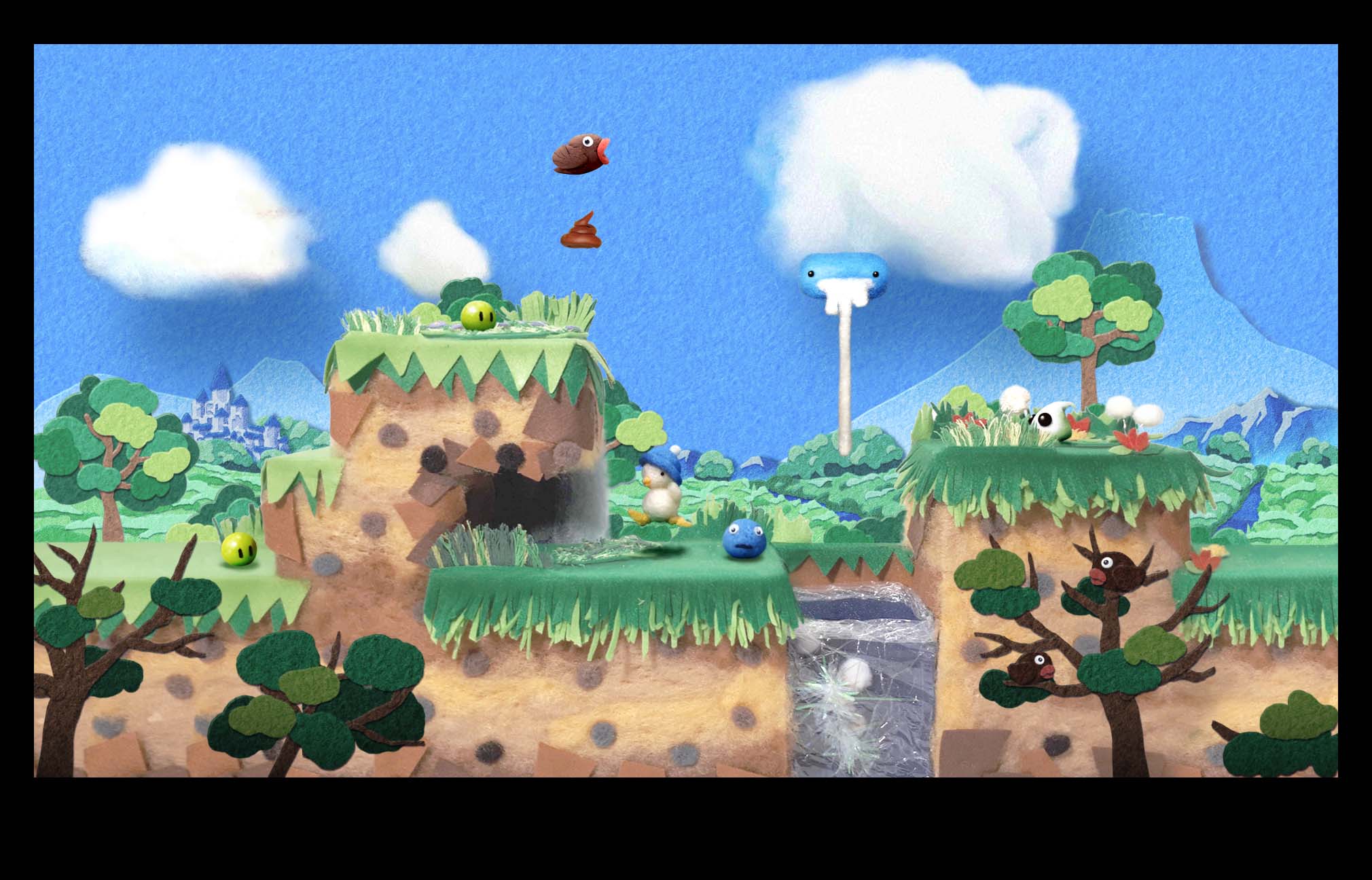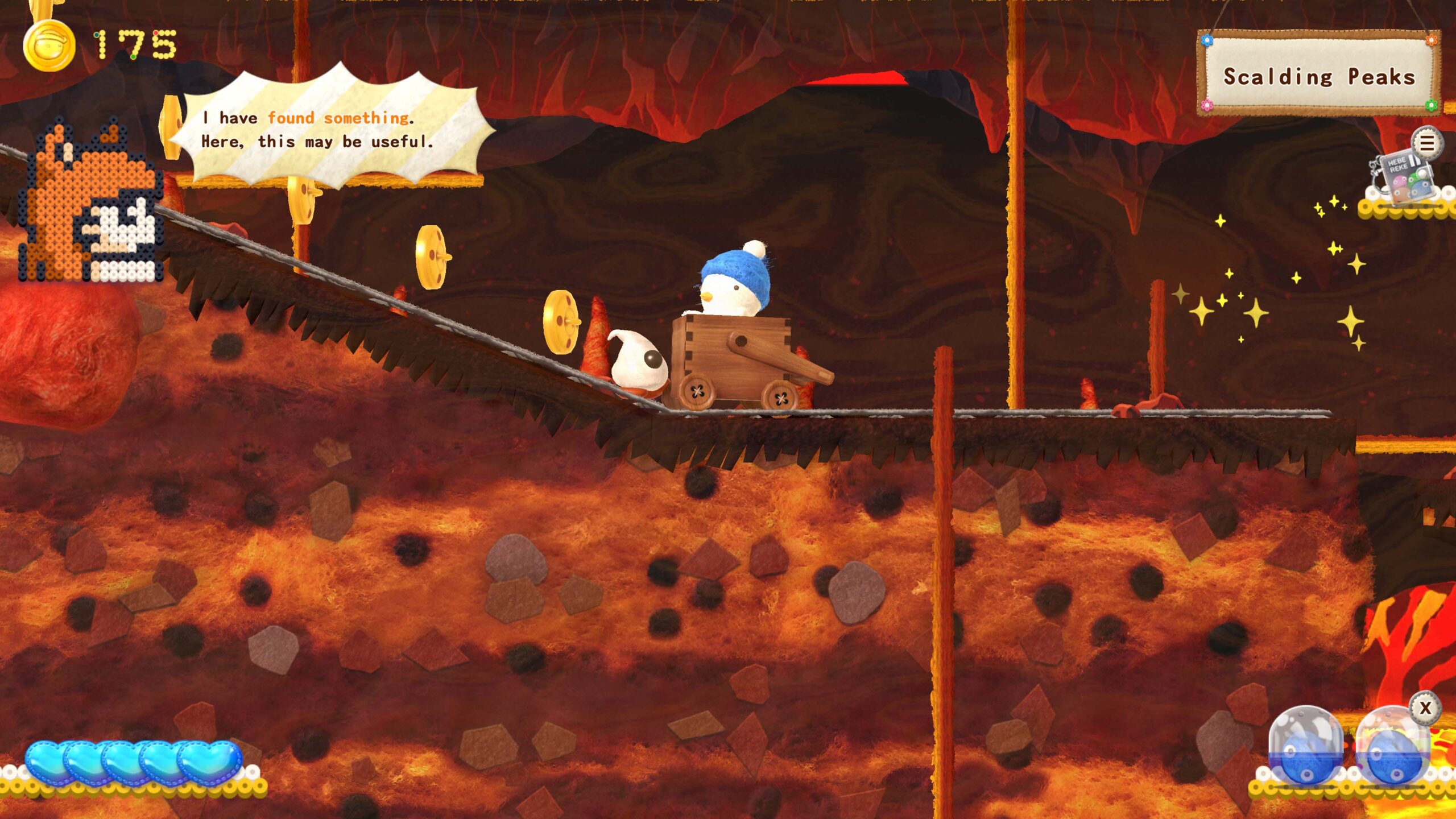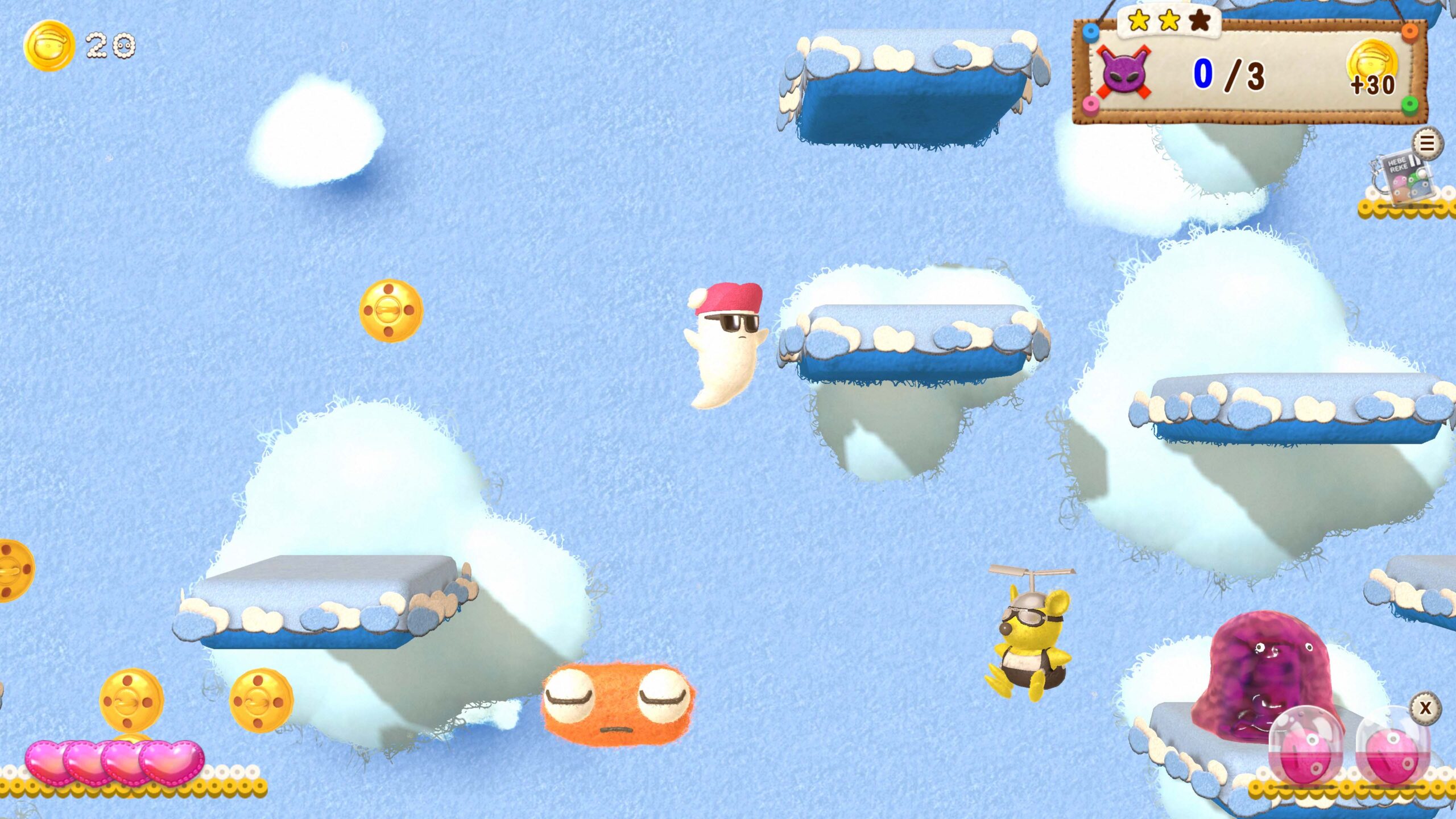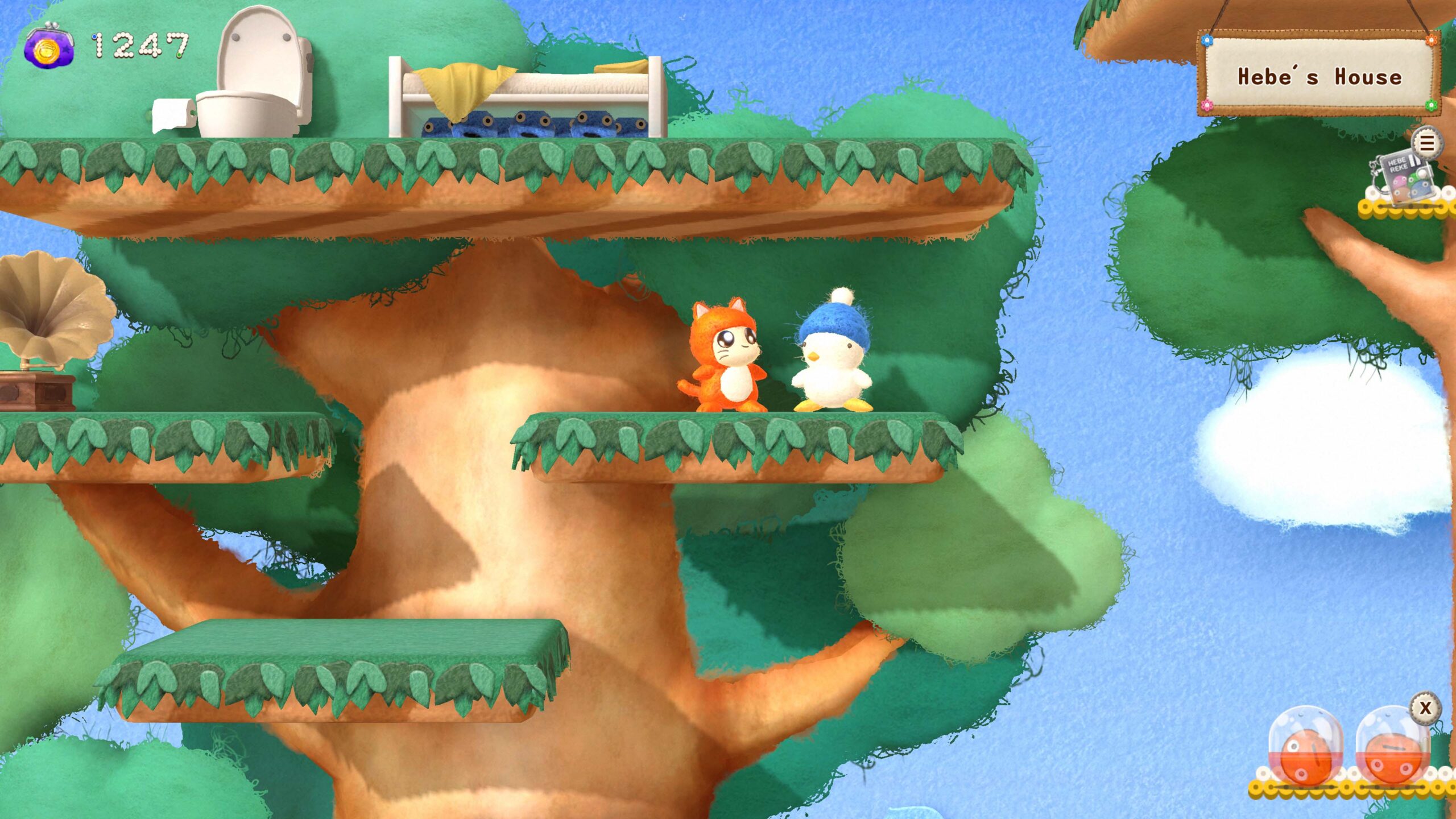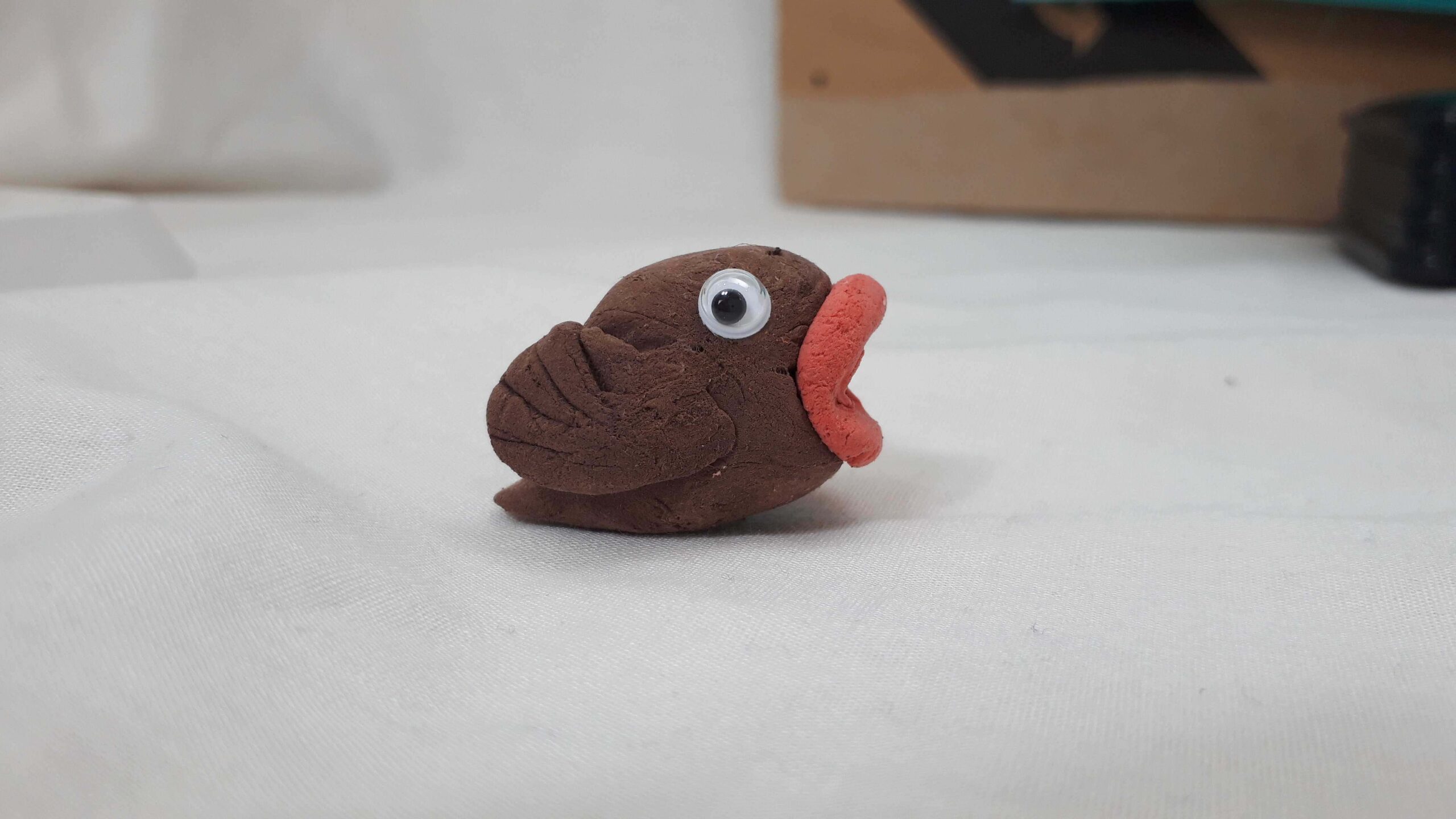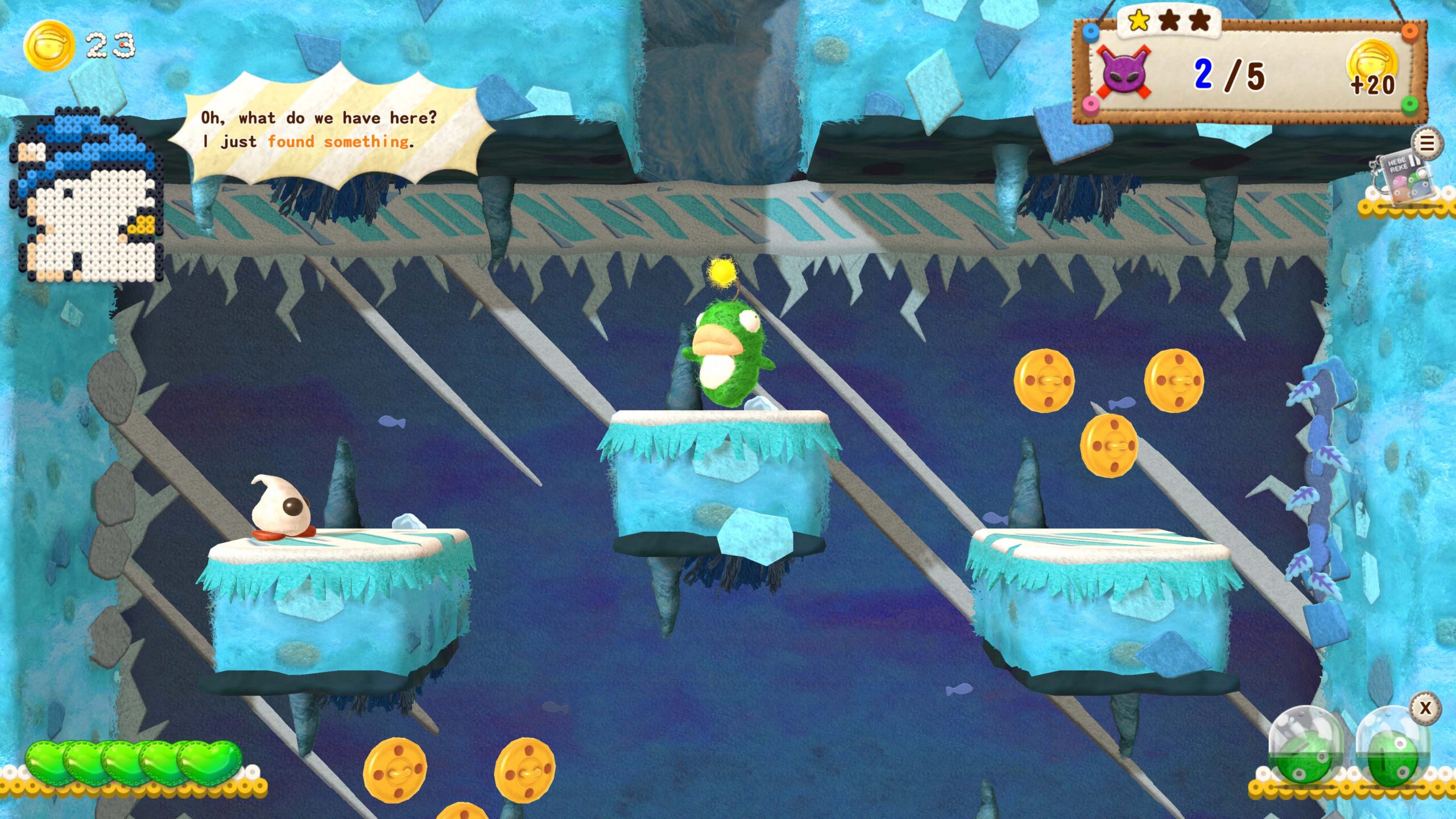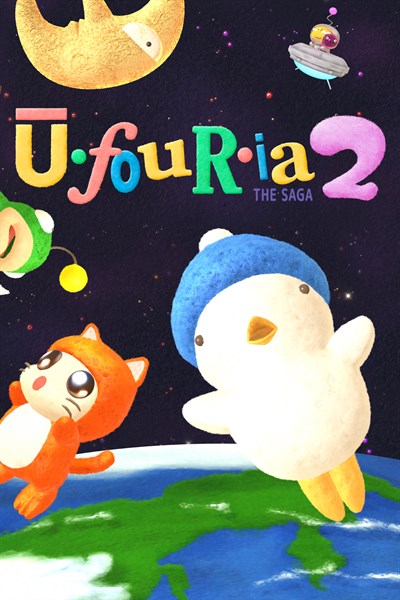The Legend of Heroes: Trails Through Daybreak Review
Happy Trails, Gang!

HIGH The cast’s a largely enjoyable bunch of rogues with solid writing.
LOW The battle systems are somewhat unexciting.
WTF Feri’s (13f) father’s ominously-worded letter to Van (24m).
The Trails series has been around for a while at this point, and unlike many other major JRPG series on the market, it doesn’t simply ditch the storyline of the previous entries and start afresh with each new installment. No, they’re all interlinked, with cameo appearances from one arc popping up in the next.
Such a long-term structure sounds like it could be pretty uninviting for new players beginning with later games, but as someone who only occasionally dips into this IP, I’m pleased to say that Trails through Daybreak works extremely well as a starting point for newcomers thanks to its new core cast, fresh setting and just enough explanation about prior events peppered in.
This new arc in the Trails series takes place in the Republic of Calvard, a fairly major superpower. It’s a region and world filled with recognizable tech — they have televisions, laptops, mobile phones, cars and highways, which makes much of the setting feel immediately relatable. Of course, this region has its own share of woes and social ills, and this is where a new story begins as a school girl with a heart of gold requests help from a local fixer in recovering something known as the Genesis — a keepsake of her grandfather… which, by the way, might just be part of something that might trigger the end of world.

The characters in Trails through Daybreak are pretty great overall. Protagonist Van Arkride isn’t some wide-eyed kid, instead having plenty of life already under his belt as the story begins. He’s got a reputation as a dependable fixer (here termed a “Spriggan”) who can get things done for a fee, and often employed by clients who may not want to get involved with the law for various reasons. I was initially concerned he’d lean too far into the ‘cool dependable guy’ side of the spectrum to be interesting, but he has unexpected personality quirks that make him a decent lead.
The backup cast run the gamut from good to excellent. Feri in particular is a superb addition — a fish-out-of-water child soldier whose limited experience living on the battlefield couples with her boundless enthusiasm and desire to be helpful in weird and amusing ways. Main heroine Agnes is fairly likable, even if her personality slots neatly into the kind-hearted-but-determined trope, then there’s a host of playable and nonplayable characters who get involved like Judith, a movie actress with a shadowy side gig, or the Direwolf, a beast of a dude with whom Van’s had an obviously turbulent history.
The writing and world building are solid throughout, with plenty of amusing dialogue to keep things entertaining, even when the cutscenes run long with exposition. Handled badly, the pacing in Trails through Daybreak could have been an absolute bore, but it all goes down easy thanks to a decent localization and good character work, much of it shining when players are allowed to simply breathe in each environment and potter around with relaxing, non-critical tasks between more serious events.

There’s also a minor morality system at play during certain points where Van can choose between lawful, chaotic or morally questionable outcomes. This doesn’t change who he is as a character — he’s a hero, so he’s not going to suddenly start kicking puppies into wood chippers out of nowhere. It’s more that a chaotic choice will have him come to a different conclusion. A lawful choice will have him leaving a thug in the hands of the police, whereas a chaotic choice would lead him to the conclusion that the police might not prosecute the criminal appropriately, so he’ll blackmail them to ensure compliance instead. It’s a minor thing, but it does gently guide certain responses and outcomes throughout the narrative.
In terms of gameplay, series regulars will find an admirable amount of player customization. Battles can be made as easy or as challenging as desired with multiple selectable difficulties, text and movement speeds can be sped up or cut down, and more.
Looking specifically at combat, there’s a new dual battle system on offer.
The first aspect is a little like that found in Falcom’s other famous action JRPG series Y’s, though admittedly more limited in scope. It’s a simple realtime setup where players get to stab enemies in real time or roll out of the way of attacks, best used to eliminate weaker enemies and to shunt larger foes off-balance by stunning them before transitioning to the turn-based mode to finish them off. It’s not particularly deep, but it’s nice to have the option to clear riffraff in a speedy manner instead of having to knuckle down for a turn-based brawl every time a poxy slime gets too close to the party.

This second aspect is a more traditional turn-based approach where players give each character various commands like defending from attacks, casting magical arts or simply stabbing an enemy in the face. This is paired alongside a realtime battle system where dashing around field monsters, tumbling out of the reach of attacks and smashing them into a stunned state with special moves is the order of the day.
There’s a decent amount of strategy in this turn-based, including maneuvering around the field to catch as many enemies in an area-of-effect attack as possible, or synergizing with allies so that they join in on the assault, but the delay between selection and activation of certain special moves robs play of immediacy, and seeing enemies walk out of said AOE before activation sucks.
While these systems are decent enough, I did find myself wishing the frequent battles would be over faster, so I could get back to continuing the story — a feeling I rarely have when encountering a genuinely gripping JRPG battle system. The lack of impact during battles is noticeable, with fairly stiff animations and no real oomph to each attack. As a result battles feel a little more mundane and perfunctory than they could be, and playing Daybreak right off the back of Like a Dragon: Infinite Wealth, it’s hard not to expect a little more from modern-day battle systems.

As a side note, Daybreak is full of “points of no return” where players will be warned that the storyline is about to advance and that if they haven’t done everything they’ll lose the chance forever. As someone with a completionist mindset, this left me in a near-perpetual state of anxiety. Did I talk to everyone? Did I do everything? Did I doublecheck that I talked to everyone and did everything? I’m sure I did, so let’s continue… okay, we’re now past the point of no retu — SHIT, I FORGOT TO FEED THAT F****** CAT MY PLAYTHROUGH IS RUINED GODDAMN IT!!!
Well, it’s maybe not that extreme, but I spent a lot of time doublechecking that I’d crossed everything off my list before daring to progress.
Despite completion anxiety and combat that was just a little bit lacking, I still had a great time with Trails through Daybreak — it offers an interesting world coupled with plenty of likeable characters, ultimately delivering an enjoyable journey filled with plenty of good times.
Rating: 8 out of 10
Disclosures: This game is developed by Nihon Falcom and published by NIS America. It is currently available on PS4/5, Switch and PC. This copy of the game was obtained via publisher and reviewed on the PC. Approximately 35 hours of play were devoted to the single-player mode, and the game was not completed. Still playing though!
Parents: According to the ESRB, this game is rated T and contains Blood, Drug References, Fantasy Violence, Language, and Suggestive Themes. The official description reads: “This is a role-playing game in which players assume the role of a hero hired to find a stolen heirloom. As players explore a fictional republic, they can complete missions/quests, interact with characters, and battle human enemies and fantasy creatures (e.g., giant insects, demons, robotic turrets). Players use swords, machine guns, and magic spells to defeat enemies in turn-based combat. Battles are highlighted by gunfire, impact sounds, and cries of pain. Some sequences depict blood-splatter effects as characters are attacked; a handful of scenes show blood on characters’ faces and underneath a corpse. The game contains some suggestive material: a gentleman’s club depicting female characters in lingerie dancing on poles; red-light district signage (e.g., “Show Girls”); innuendo/sexuality in dialogue (e.g.,“We’ve got a nice room out in the Entertainment District…[W]e’ll give you more girls…”; “Just don’t get too naughty, all right?”). The dialogue also references drugs (e.g., “…laced with illicit substances”; “hard drugs”; “…[I]f he’s going around selling drugs to children, he won’t be on the streets for long.”). The word “sh*t” is heard in the game.”
Colorblind Modes: There are no colorblind modes available.
Deaf & Hard of Hearing Gamers: This game offers subtitles. Audio isn’t required to play. All dialogue is subtitled, few mechanics are aided by audio cues, and the few that do have visual accompaniments. It’s fully accessible.

Remappable Controls: Yes, this game offers fully remappable controls.





